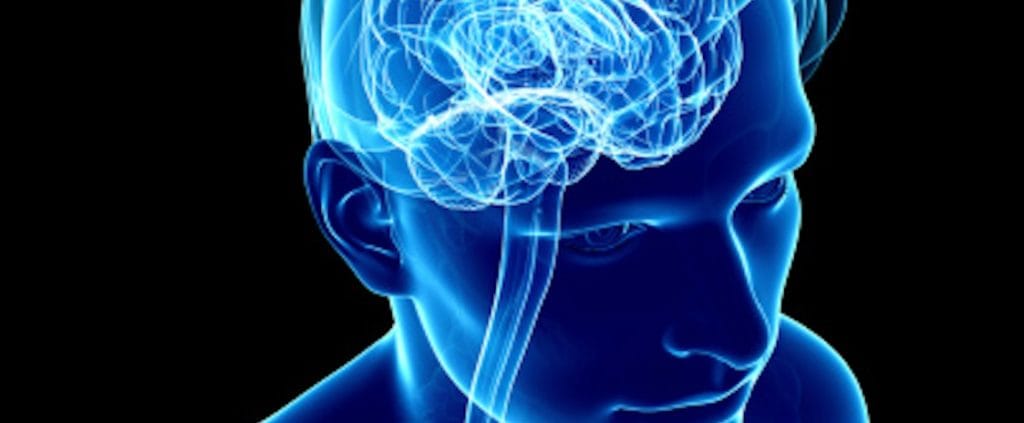Gabapentin is the only medication shown to improve sleep and mood in people who are quitting or reducing their drinking. Addiction is an incredibly difficult disease to fight. If you have experience with alcohol or drug abuse, you know how challenging it is to stop using. People who struggle with addiction may want to stop using but find that they either can’t do it, or they stop for a while and always come back to it. New research is investigating just why giving up the habit is so hard to do, and more importantly, experts are coming up with medications that can give addicts the ability to quit.
The Impact of Drugs and Alcohol on the Brain
Addiction is a disease of the brain. Plenty of research has been done to show us just how substances impact the brain and cause addiction. We know that the high we get from using a drug or from drinking causes the brain to be flooded with a chemical called dopamine. This is the chemical that produces good feelings. With repeated use, a substance can cause changes to how dopamine is used in the brain, making it difficult for an addict to feel good without the drug. New research conducted at the Scripps Research Institute has now shown that drugs have an even more insidious effect on the brain. Not only do drugs and alcohol mess up the pleasure chemical pathway, they also mess with the stress and anxiety portion of the brain. The result is feelings of anxiety, tension and stress that can only be relieved by continued substance abuse. Combined, these two effects give addicts very little chance of successful recovery.
Gabapentin for Alcohol Dependence
The same researchers at Scripps have tested a drug that has been proven to help alcoholics stop drinking. The promising results may indicate that this drug could also be used to help drug addicts. The drug is called gabapentin and it has already been in use for the treatment of epilepsy and pain. Researchers at Scripps tested gabapentin and a placebo on 150 alcoholics and found that those who received the medication refrained from drinking heavily twice as often as those getting the placebo. They abstained completely from drinking four times as often. Those taking gabapentin also cut back on the number of drinks they had by a significant amount. They reported experiencing less depression, fewer cravings and better sleep. There did not seem to be any side effects of the drug. “Gabapentin’s effect on drinking outcomes is at least as large or greater than those of existing FDA-approved treatments,” said Barbara J. Mason, Pearson Family Professor and co-director of the Pearson Center for Alcoholism and Addiction Research at TSRI, who led the new research. “Plus it’s the only medication shown to improve sleep and mood in people who are quitting or reducing their drinking, and it’s already widely used in primary care—that’s an appealing combination.”
Gabapentin vs. Other Drugs
Gabapentin is not the first drug to be used to treat alcoholism. Disulfiram, which makes a person sick if they drink, and naltrexone, which blocks the reward effect in the brain, have been used for decades. Both can be effective in curbing the motivation to drink or use drugs in that they take away the pleasurable effect. However, they do not tackle the depression and anxiety caused by addiction. Gabapentin may be superior to these drugs in that it can treat some of these negative side effects of addiction. It is also a desirable new medication for addiction because it is already approved for the treatment of other disorders and is known to be safe with minimal to no side effects.
The new study using gabapentin for alcoholism is preliminary but positive. Researchers are excited about the prospect of using this already established medication to help more addicts kick the habit and avoid relapse. More work needs to be done on alcoholism and other addictions, but gabapentin could be on the market for addiction treatment soon.

